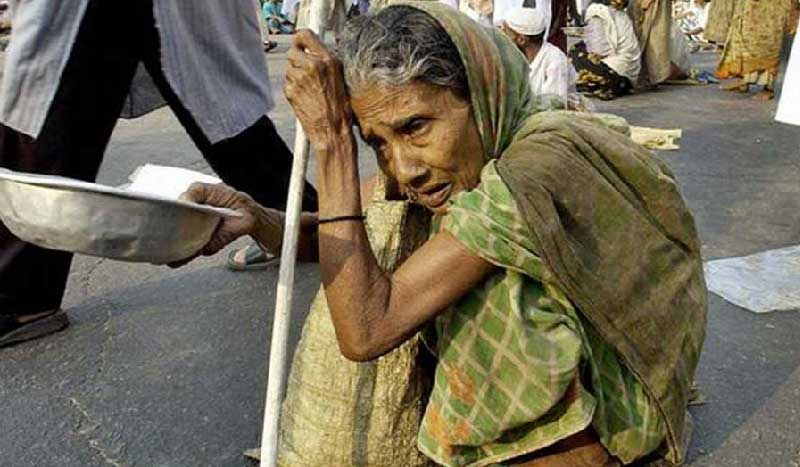Mashiad Mostafa
Research Assistant, Department of Economics and Social Science, BRAC University
Email: ashiad.mostafa@gmail.com
“It is only at the first encounter that a face makes its full impression on us.”- Arthur Schopenhaue.
While stuck in Dhaka traffic for what seems to be an eternity, it is a daily scenario of individuals or groups of panhandlers approaching every two minutes. I am sure we are all familiar with “আম্মা কয়ডা টেকা দেন, দুয়া করুম”. These traffic light chasers vary vastly in age- starting from kids who have just started to walk to elders who can barely walk. Thus, some of us would choose to ignore them while the rest will drop a few bucks in their hands out of sympathy.
Ancient Greeks had terms distinguishing active and passive poor- penes & potchos. Active have a job yet a hand-to-mouth situation, while passive simply enjoy the charity too much to bother looking for a job. In Bangladesh, we have quite a handful of potchos and have contributed greatly to their development and growth over the years. What causes people into varies vastly from poverty to human trafficking. Every now and then, we would come across news reports and articles related to the beggar syndicate, with evidences of systematic begging and accumulation of enormous wealth under the table. According to statistics, up to 40,000 children are abducted every year, and estimated 30,000 of these are beaten, drugged and forced into begging. In Malaysia, the “Beggar Gangs” give a bare minimum to stay alive and confiscate of the daily earnings. The situation is no different in China, Pakistan and Bangladesh as well.
However, is everyone the same? If not, to what extent is begging justified? Some say, the whole system of begging is unjustified as it sustains on the hard-earned money of the rest while others would justify if the subject is physically disabled or elderly. Some of us would even sit and counsel the younger ones into different alternatives like working as street vendors and going to school. But, it is well established by the media that physically disabled and elderly fraction is usually part of the underworld syndicate, who have turned beggary into a well-designed and sustainable business. Or, have we contemplated enough on the opportunity cost of kid’s working as street hawkers? For example, attaining proper education becomes tough if the time is spent into begging or odd jobs. On the other hand, proper schooling hours will lessen the time otherwise spent in begging, or odd jobs may not earn enough money to survive the daily struggle. So where to draw the line?
Beggary is a lethal substance to the economy. The opportunity cost being proper education, beggary is mostly based on systematic crime: abduction, human trafficking, and prostitution. Not to mention, the money (not taxed) that is passed along from beggars to the masterminds, forms a multi-billion-dollar black business of drugs and gunrunning. The syndicate leaves the victims physically and mentally handicapped, heavily dependent on tips and charity. There is no track record of the total money that is donated into this systematic. Finally, they are mostly either present/future valuable yet untrained, unemployed labor force. It has turned into an absolute necessity for the government as well as the people to take proper measures against syndicate and the crimes taking place in the background. Perhaps, it is time to put aside the sympathy and bring a bit more rationality to the subject.
For further reading:
Beggars and Begging Scams in India



